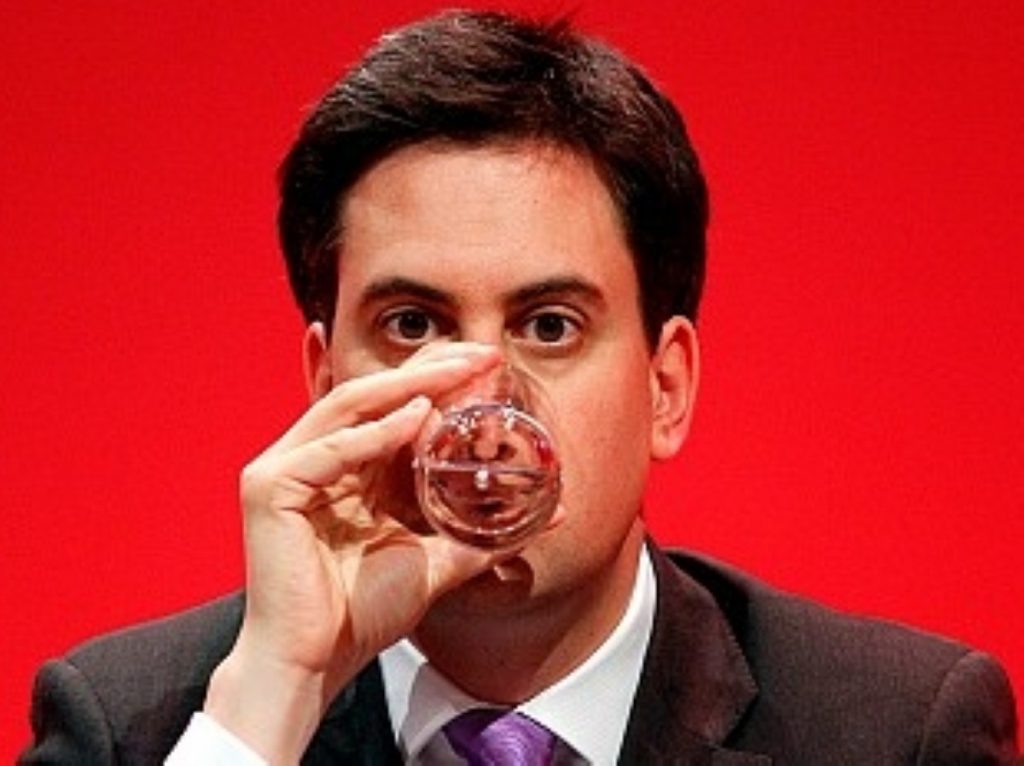GDP figures: Political analysis
Strong economic performance so soon after the election could be a double-edged sword for the coalition.
By Ian Dunt
Politics is as much about narrative as it is about truth, and today’s GDP figures present several problems for the government, as well as the obvious reassurances.
Economic growth of 0.8% is impressive for the July – September period, and far exceeds the 0.4% predictions of analysts. Last quarter’s rather spectacular 1.2% growth was put down to a spasm of construction work taking place that had been delayed by poor weather conditions at the start of the year. Few people expected it to continue.
Much of the growth remained with the construction industry, which grew by four per cent. The service and industrial sectors expanded healthily by 0.6%. It’s the strongest six-month period of growth since the first half of 2000.
Watching Labour’s rather confused reaction and the cheerful faces around this morning’s Cabinet table, you could be forgiven for thinking that this is good news for the coalition. That is the message coming from most media outlets. But taking the long-term perspective, that might not necessarily be the case.
The start of the narrative which Labour may want to tell in 2015 is now firmly in place. There is an economic recovery. It is surprisingly robust. That is the economic setting in which cuts will take place. As things stand, the government’s economic agenda has not really been activated. We have been playing a waiting game, with the comprehensive spending review only being published last week. Now, just before the real cuts begin, we have firm evidence of a sustained economic recovery.
The problem for the coalition is that that may not continue. While today’s figures suggest that the private sector can indeed fill the gap left by public sector cuts, as the coalition needs it to, there are other worrying signs on the horizon. Consumer confidence remains low, surveys of hiring intentions are ominous and the housing market is still struggling.
If economic growth slows – or even starts to contract – Labour will be able to make a convincing argument that it is due to the cuts. Had this year’s growth been more sluggish, the government could have pointed to the figures to muddy the causal relationship between public spending cuts and short-term economic performance. As things stand, it will have to face up to the effects of a simultaneous drop in consumer and government demand.
Today, Labour thrashes around rather embarrassingly for a response to surprisingly positive results. But in the long run, a strong economic performance at this point in the electoral cycle could play into the opposition’s hands.





-01.png)